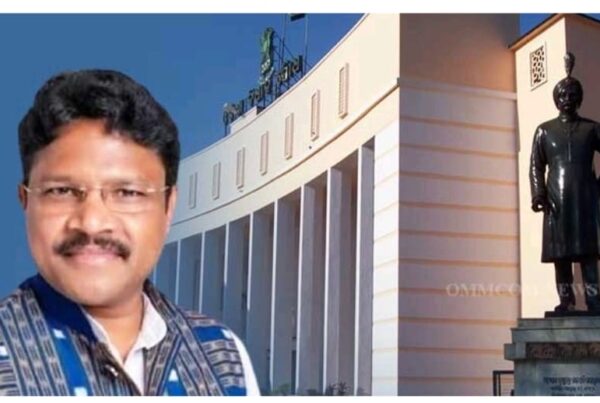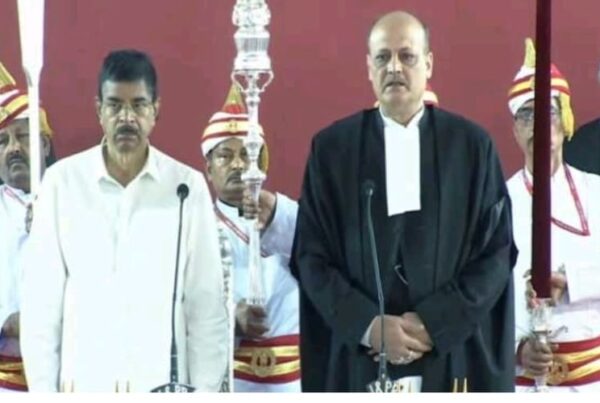![]()
Announcing the latest sanctions, US secretary of state Mike Pompeo said the US had specific information about “large-scale” attacks that were being planned by Iranian commander Qasem Soleimani that led to the US killing him in a drone strike in Baghdad on January 3.
The US on Friday imposed fresh sanctions on Iran over missile attacks on US forces in Iraq. It also announced that it will continue to stay in Iraq to carry out the fight against the Islamic State (IS) group. The new sanctions that were indicated by US President Donald Trump on Wednesday – the morning after Iran fired 16 missiles on the al-Assad and Irbil bases in Iraq that housed a significant number of US personnel but did not wound or kill anyone – will cover textiles, construction and mining sectors.
The sanctions would be in addition to curbs already in force over the oil and gas, and banking sectors, among others. “Today, I am holding the Iranian regime responsible for attacks against US personnel and interests by denying it substantial revenue that may be used to fund and support its nuclear programme, missile development, terrorism and terrorist proxy networks, and malign regional influence,” US President Donald Trump said in a statement.
Announcing the latest sanctions, US secretary of state Mike Pompeo said the US had specific information about “large-scale” attacks that were being planned by Iranian commander Qasem Soleimani that led to the US killing him in a drone strike in Baghdad on January 3. In a statement issued earlier, the US state department said US military presence in Iraq is to continue the fight against the IS and “we are committed to protecting Americans, Iraqis and our coalition partners”.
It added that in defiance of the Iraqi government’s demand that the US pull its troops out of the country, any delegation sent to Iraq “would be dedicated to discussing how to best recommit to our strategic partnership – not to discuss troop withdrawal”. The US state department also said discussions will start with the NATO on “increasing” the latter’s role in Iraq. “There does, however, need to be a conversation between the US and Iraqi governments, not just regarding security, but about our financial, economic, and diplomatic partnership,” the US state department said.





